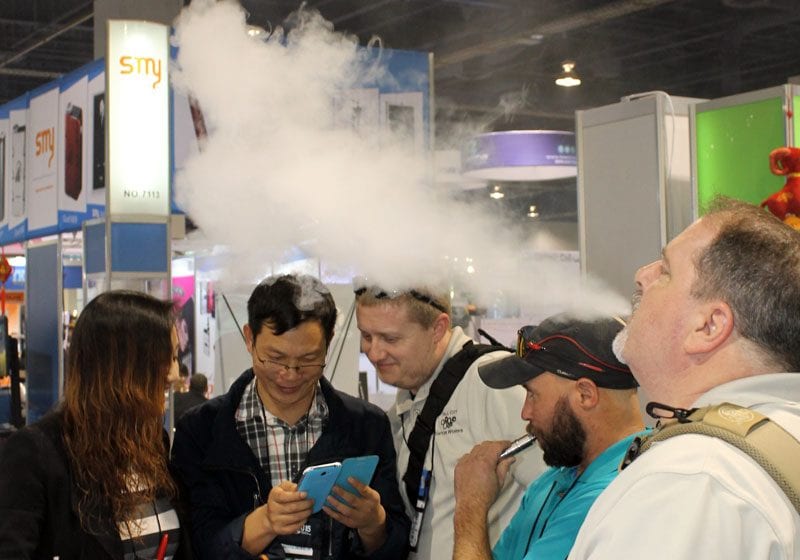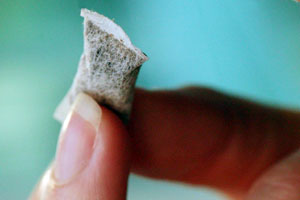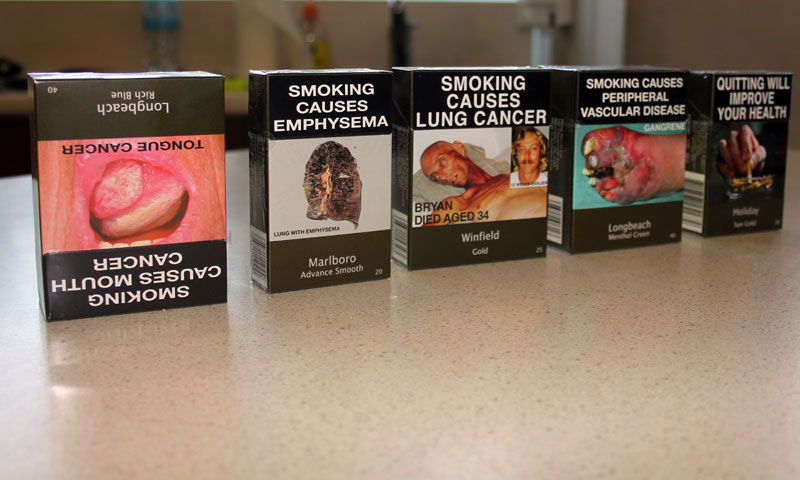A Spanish father has lost custody of his children after the provincial court of Cordoba ruled that his addiction to tobacco was toxic to his children’s health, according to a Euronews story.
The father had been sharing custody of his children, aged 10 and 13, with his ex-wife since his divorce in 2017.
The children had complained that they had to share an ‘environment full of smoke’ in their father’s house, according to the judgement seen by Euronews.
‘In this situation and wanting to avoid a health risk for the minors, it is evident that the father’s way of living puts in danger the health of his children in an irresponsible way. He ignores everything else except his addiction.’
The judgement added that it wasn’t logical for the children to be in a place that would present a risk to the public.
In Spain, a 2011 anti-tobacco law banned smoking in enclosed public spaces and accesses to hospitals, schools, children’s playgrounds, and smoking rooms in airports.
At the time, it was considered one of the most restrictive tobacco laws, but it stopped short of outlawing smoking in the presence of minors in private places, such as vehicles or homes.







